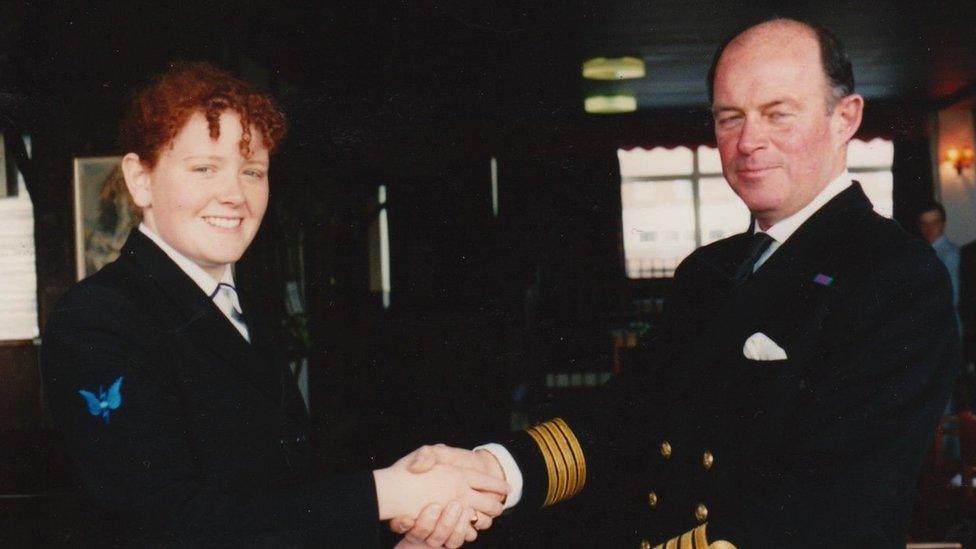Jailed gay soldier has cap badge returned in ceremony
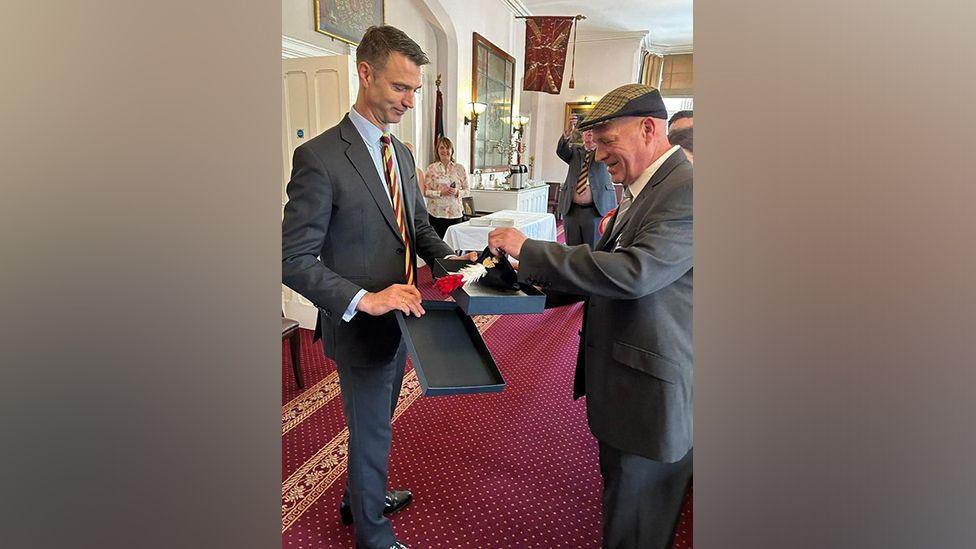
Fusilier Steve Close received his beret and hackle (the red and white feathers) from Major General Jon Swift, the Colonel of the Regiment of the Royal Regiment of Fusiliers
- Published
A gay veteran who was jailed for kissing a serviceman in the 1980s has become one of the first in the UK to have their ceremonial cap badge returned.
Fusilier Steve Close was court martialled, discharged with disgrace, imprisoned and placed on the sex offenders register for having a gay relationship with a fellow soldier.
Earlier he was invited to his regimental headquarters at the Tower of London to re-receive his military cap and badge, 40 years on.
Mr Close, 61, from Salford, Greater Manchester, told BBC Radio Manchester the ceremony was "a really proud moment for me".
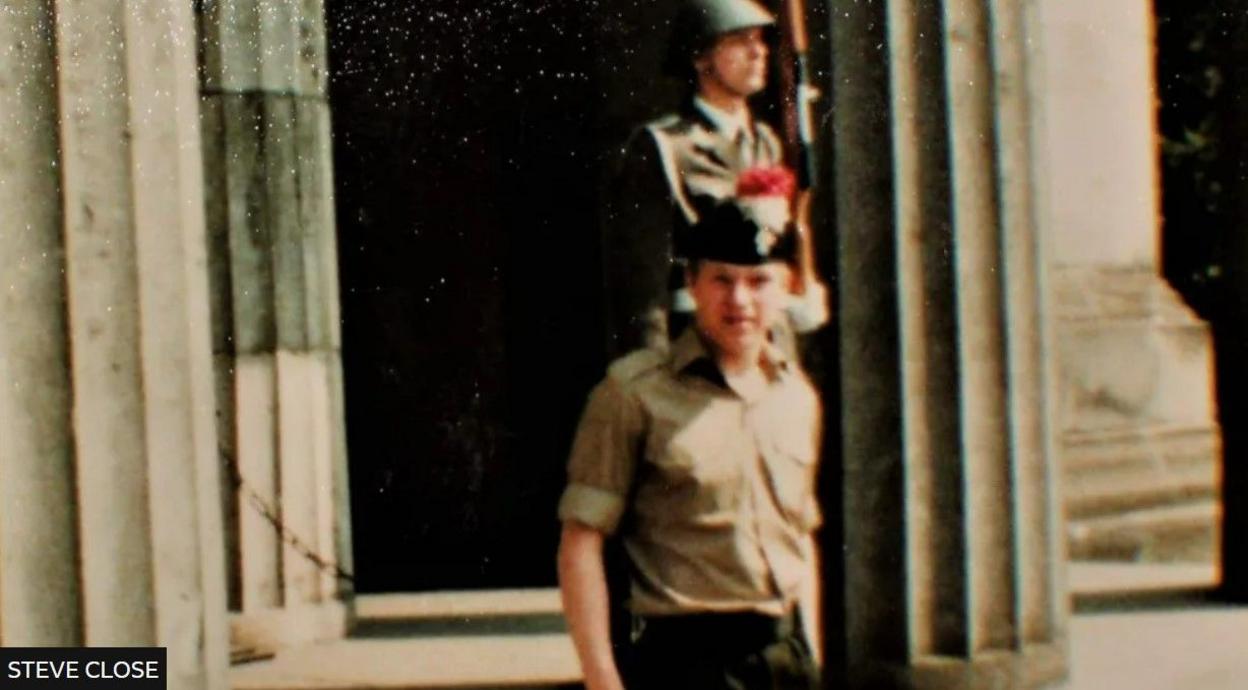
Steve Close served in the Second Battalion, Royal Fusiliers
He said life was too short to be bitter and angry and while he could not change what happened he could now "relax and know everything has fallen into place".
Speaking after the event, he said it was an emotional day and was "genuine and sincere and they really apologise".
Commenting on how it felt to be able to wear his badge again, he said: "I can now actually wear it on Remembrance Day and pay my respects and I can actually go to the Army reunions without feeling shame."
Mr Close was sent to prison for six months in 1983 after kissing another man at barracks while serving with the Second Battalion, Royal Fusiliers in Berlin.
Restoring cap badges to discharged service personnel was among the recommendations made by the government-commissioned LGBTQ independent veterans review, external last year.
Mr Close said that for years he had felt "too ashamed" to attend Remembrance events and had found it "too painful" to attend regimental reunions.
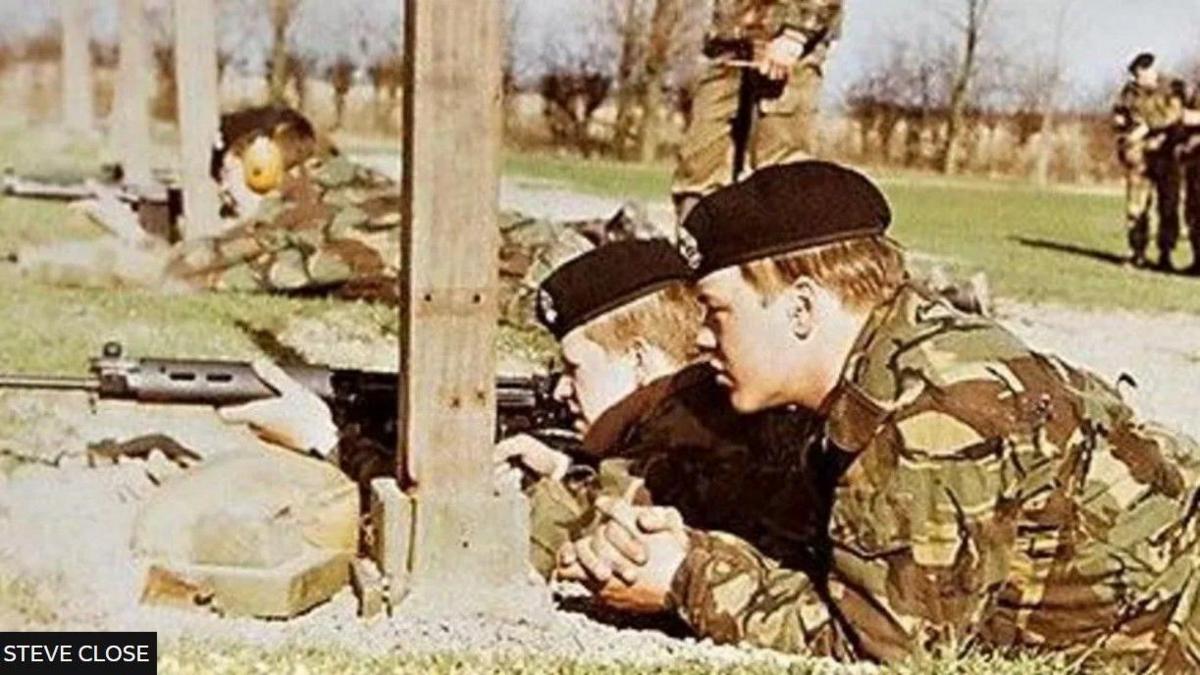
Steve Close said while he could not change what happened he could now "relax and know everything has fallen into place"
Homosexual relationships were banned in the armed forces until 2000, with any serving personnel found to be gay at risk of being jailed and sacked.
Mr Close's conviction by an Army court for gross indecency was pardoned in 2013 - the same year as computer pioneer and code-breaker Alan Turing.
The changes came after years of campaigning.
He signed up at the age of 17, having been attracted by the idea of military life. He said the move was also because "I was confused about my sexuality and thought it might help me".
Mr Close and the serviceman he kissed were both court martialled, jailed and dismissed.
The incident also left Mr Close with the shame of being labelled a sex offender and placed on the sex offenders register.
It meant he could not work with children or join the police or fire service, he said.
'Brought closure'
Mr Close, who is employed as a caretaker with a housing association, said this had "brought real closure" and he feels he can finally move on with his life.
More than a thousand veterans gave testimony at last year's review, which was overseen by the UK's first openly gay judge, Lord Etherton.
Many told how they had been bullied, physically and sexually assaulted, thrown out of the military and often left without income or pensions.
Listen to the best of BBC Radio Manchester on Sounds and follow BBC Manchester on Facebook, external, X, external and Instagram, external. You can also send story ideas to northwest.newsonline@bbc.co.uk, external
Related topics
More like this story
- Published12 June 2024
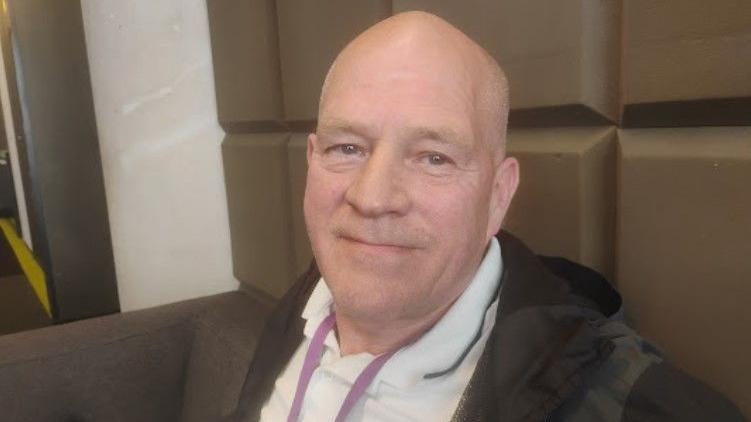
- Published25 April 2024
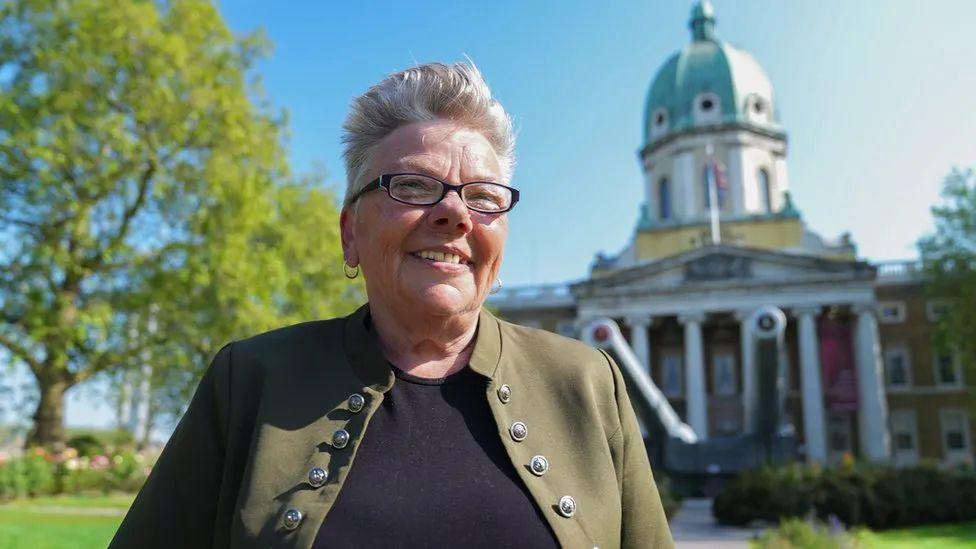
- Published13 December 2023
